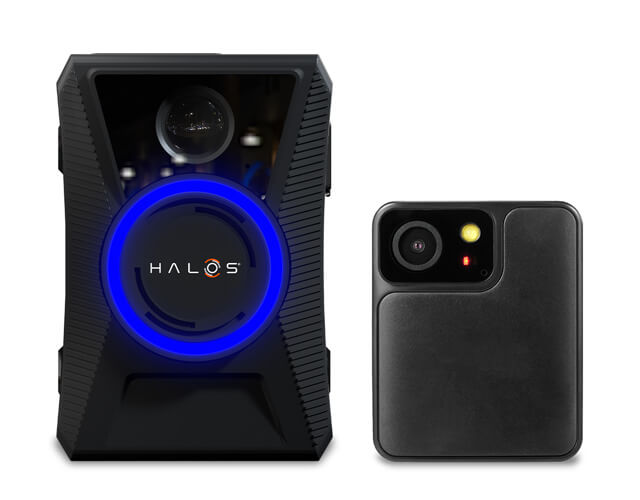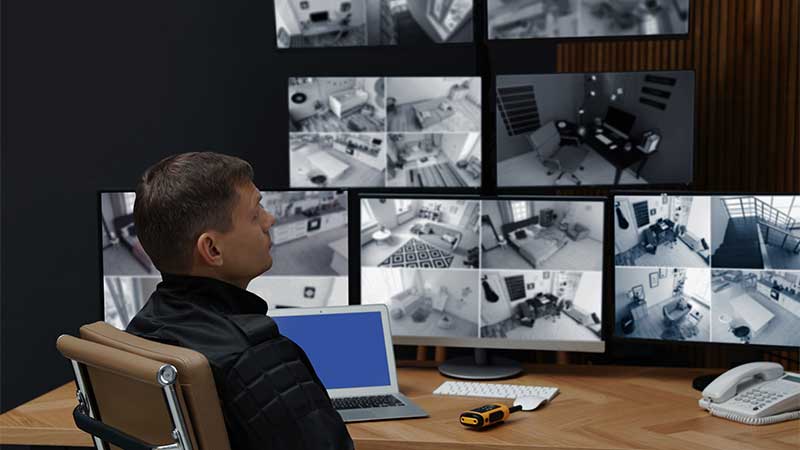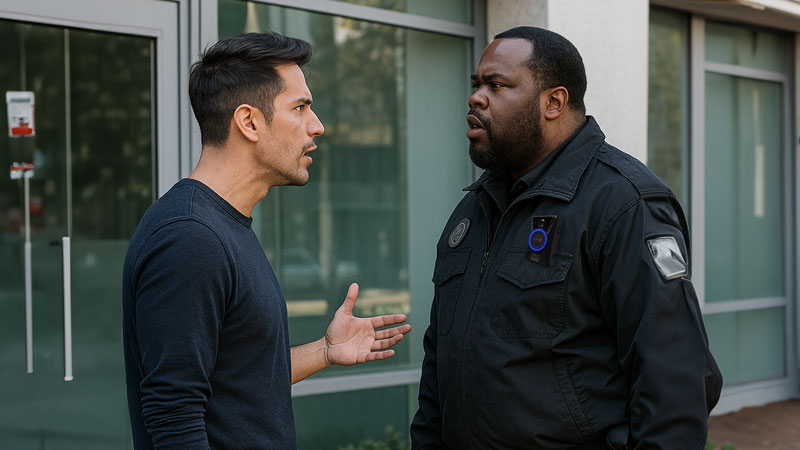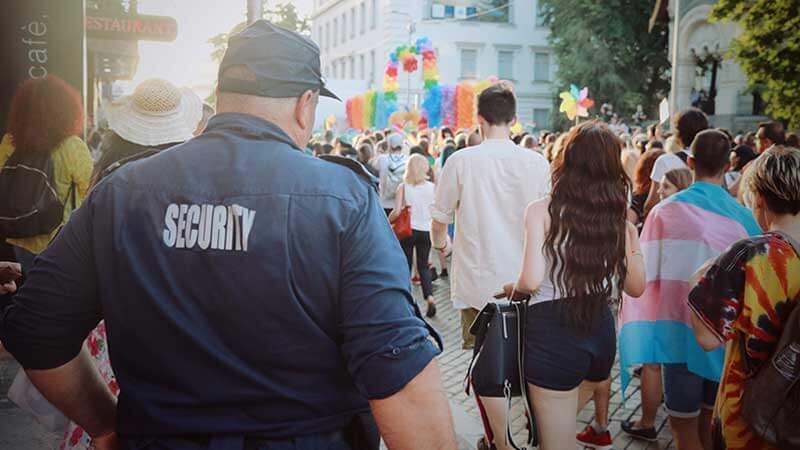Body-worn cameras (BWCs) have become an essential asset in many industries, not only for enhancing safety and accountability but also as a powerful training tool. By leveraging real-world footage captured by BWCs, organisations can provide dynamic, context-driven training that improves employee performance and preparedness.
Here’s how you can effectively use BWCs to elevate your training programs:
1. Real-World Scenarios for Practical Learning
BWC footage allows trainers to present employees with real-life examples of workplace situations. These recordings provide practical insights into handling challenges such as customer interactions, conflict resolution, or emergency responses.
2. Identifying Areas for Improvement
By reviewing footage, managers can identify specific behaviours or processes that need improvement. Whether it’s adherence to protocols or communication styles, BWCs offer an unbiased lens to pinpoint opportunities for growth.
3. Onboarding New Employees
For new hires, BWC footage provides a window into everyday operations. Watching real interactions helps new employees understand expectations, workflows, and how to handle common situations in their roles.
4. Enhancing Compliance and Policy Adherence
Training employees on company policies and industry regulations is crucial, and BWC footage helps reinforce compliance. By reviewing actual footage, organisations can highlight both positive examples and areas where guidelines were not followed, ensuring employees have a clear understanding of best practices.
5. Improving Decision-Making Skills
By analysing past incidents captured on BWCs, employees can learn how to make better decisions in high-pressure situations. This is particularly useful in security, law enforcement, and customer service roles where split-second decisions can have significant consequences.
6. Strengthening Customer Service Training
Frontline employees can benefit from reviewing real customer interactions to improve their service skills. BWCs capture real-life engagement, allowing employees to assess tone, body language, and responses to various customer behaviours, ultimately leading to better service outcomes.
7. Simulating Crisis Response and Emergency Drills
BWC footage from past incidents can be used to create realistic training exercises. Employees can analyse previous emergency situations and evaluate response times, communication effectiveness, and protocol execution to improve future preparedness.
8. Encouraging Self-Assessment and Peer Learning
BWCs empower employees to self-review their performance and refine their skills. Organisations can also facilitate peer learning sessions where employees analyse and discuss footage, sharing insights and best practices in a collaborative environment.
9. Reducing Training Costs and Increasing Efficiency
Traditional training methods, such as role-playing exercises or staged scenarios, can be time-consuming and expensive. BWCs provide an efficient way to deliver training using real examples, reducing the need for elaborate setups and making learning more accessible.
10. Building a Culture of Continuous Improvement
Regularly incorporating BWC footage into training programs fosters a culture of accountability and ongoing development. Employees become more mindful of their actions, knowing that real-world scenarios contribute to their professional growth.




